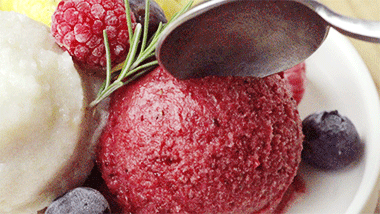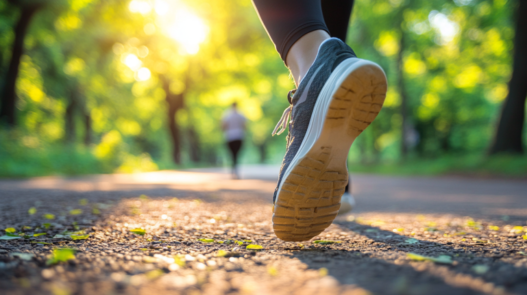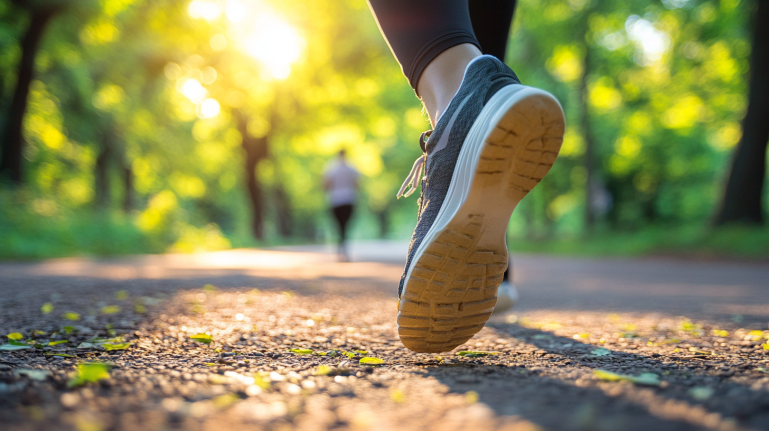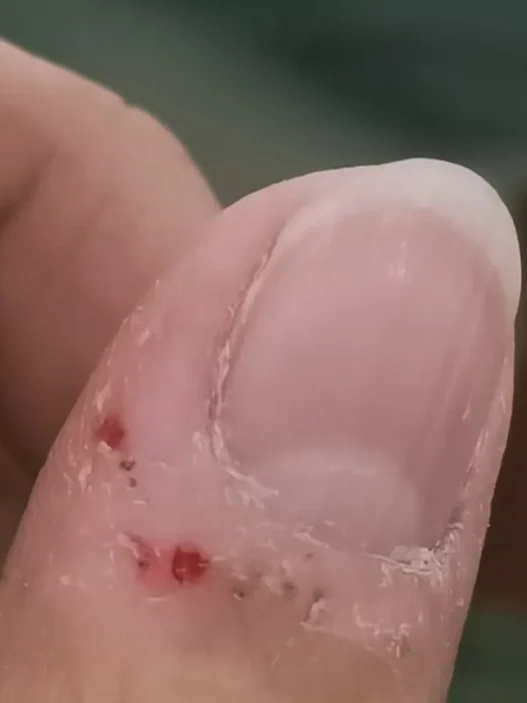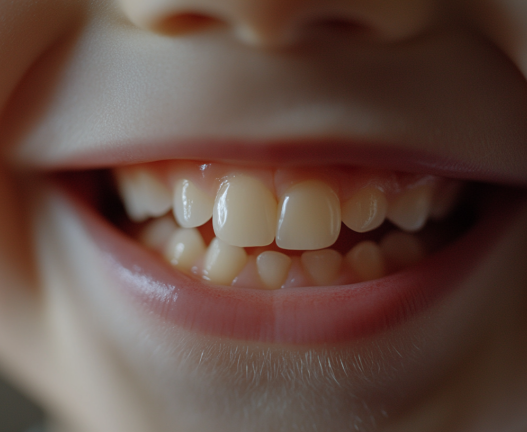We all strive for better health by following what we believe are good habits. But did you know some of the “healthy” habits you follow daily might actually be harming your body? Most people don’t realize that they’re doing more damage than good. Let’s take a closer look at some of these habits and how you can break free from them to avoid potential harm.
1. Hot Foot Soaks in Winter: The Hotter, The Better? Think Again!
It’s a popular winter ritual to soak your feet in warm water before bed. But here’s the thing: many people believe that the hotter the water, the more effective the soak. While it might feel relaxing at first, excessively hot water can actually cause skin damage over time.
The Dangers of Hot Water Soaks
Prolonged exposure to hot water can cause hypothermic burns, even if you don’t feel any immediate pain. Symptoms include redness, swelling, peeling, and even blisters. In the worst cases, it can lead to tissue damage.
Optimal Temperature for a Foot Soak:
- Adults: Between 38°C and 43°C (100°F – 109°F)
- Children and the elderly: Between 38°C and 40°C (100°F – 104°F) Always check the water temperature before soaking your feet to prevent burns.
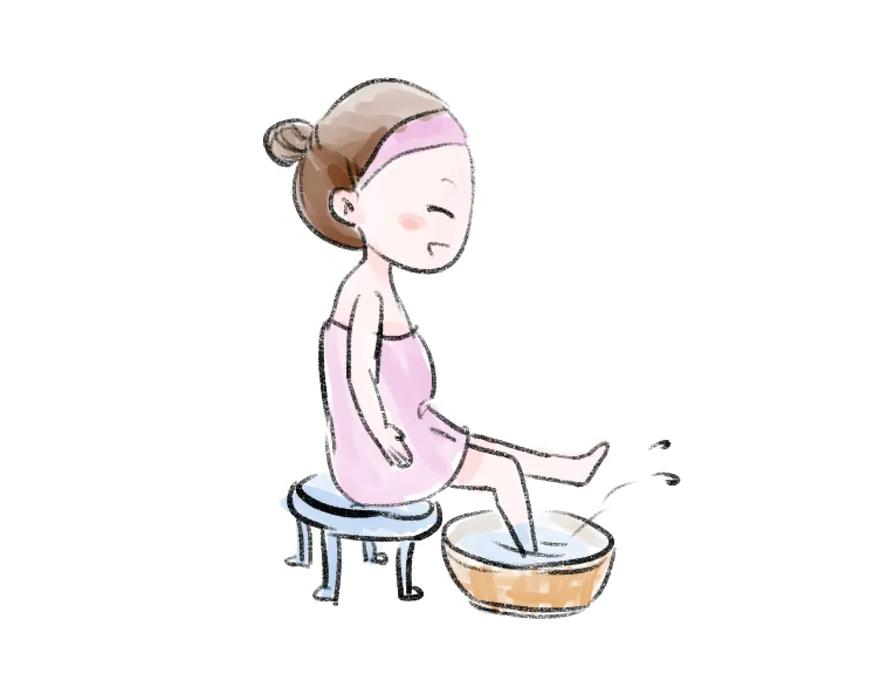
2. Keeping Windows Closed in Cold Weather: A Risky Practice
In the winter, many people believe that closing windows tightly will keep the cold air out and keep their house warm. Unfortunately, this practice can trap polluted air inside, leading to various health issues.
The Consequences of Stale Air
When windows are closed for too long, carbon dioxide, dust, and bacteria build up inside. This can lead to headaches, fatigue, dizziness, and poor sleep. Over time, it can even aggravate heart and lung diseases, including COPD and chronic bronchitis.
The best way to improve indoor air quality is by opening the windows when the sun is shining to let in fresh, oxygen-rich air.
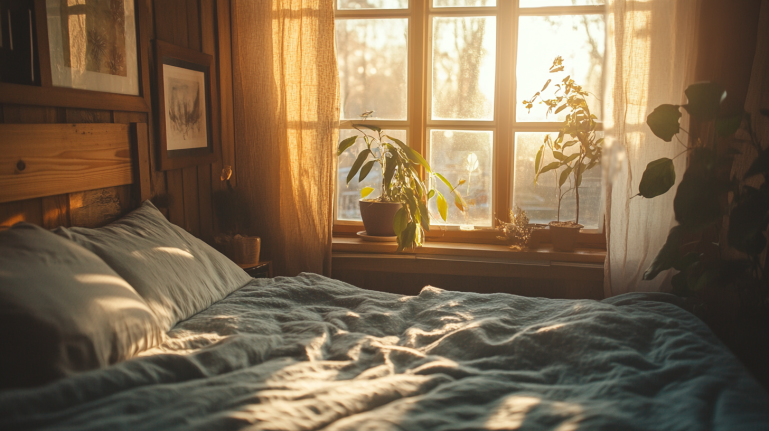
3. A Spoonful of Lard Equals Five Doses of Medicine? Think Again!
For generations, some people have believed that consuming a spoonful of lard is as beneficial as taking five doses of medicine. But this old myth is far from the truth.
The Truth About Lard and Animal Fats
Lard, along with other animal fats like beef tallow, is high in cholesterol. Excessive consumption of these fats can raise your cholesterol levels, leading to an increased risk of heart disease and other cardiovascular issues. It’s better to use plant-based oils and mix up your cooking fats for a healthier diet.
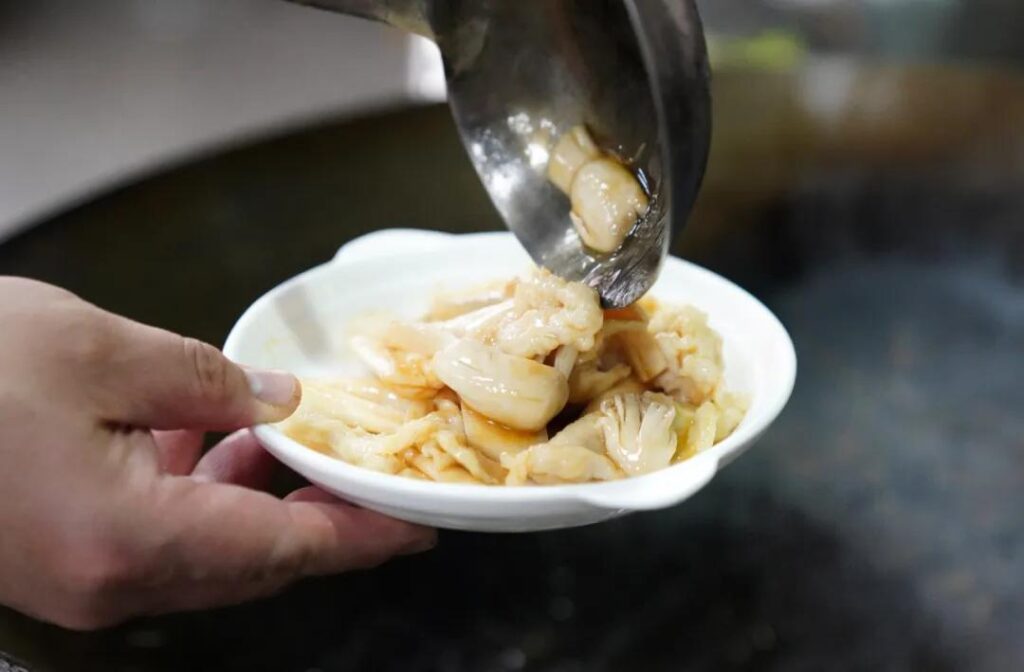
4. Hard Mattresses for Back Pain: A Common Misunderstanding
Many people with back pain are told that sleeping on a hard mattress will help relieve discomfort. Some people even go as far as removing their mattresses and sleeping directly on a hard surface. But this practice can actually make things worse.
Why Hard Mattresses Are Harmful
Our spines have a natural “S” curve, and sleeping on a hard surface can prevent the muscles around the lower back from relaxing. This can lead to muscle tension, stiffness, and long-term damage to your spine.
Instead of sleeping on a hard surface, consider using a medium-firm mattress that supports the natural curve of your spine. A mattress with a pressure ratio of 3:1 (3 cm of compression for every 1 cm of pressure) is ideal.
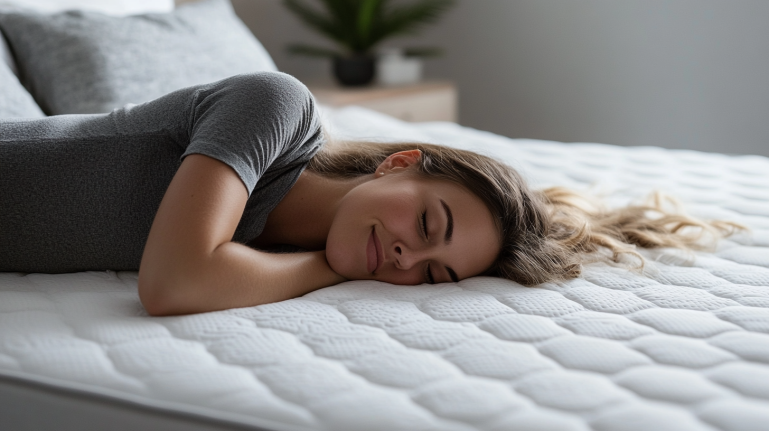
5. A Bland Diet Means Eating Only Vegetables? Not Quite!
Many people mistakenly believe that a “bland diet” means avoiding meat altogether and eating only vegetables. While it’s important to eat plenty of vegetables, cutting out meat completely can lead to nutritional deficiencies.
Why You Need a Balanced Diet
A diet without sufficient protein from meat and other sources can cause weakness, fatigue, and even nutritional deficiencies. This can increase the risk of conditions like Alzheimer’s disease. To stay healthy, include both plant-based and animal-based foods in your diet while limiting salt, sugar, and unhealthy fats.

6. Brushing for Longer Means Cleaner Teeth? Not Always!
People often think that brushing their teeth for five or more minutes will result in cleaner teeth. But brushing for too long can actually cause more harm than good.
The Dangers of Over-Brushing
Brushing your teeth for longer than three minutes can damage the tooth enamel and lead to dental issues like wedge-shaped defects. It’s best to brush for 2-3 minutes to remove plaque and bacteria without harming your gums or enamel.
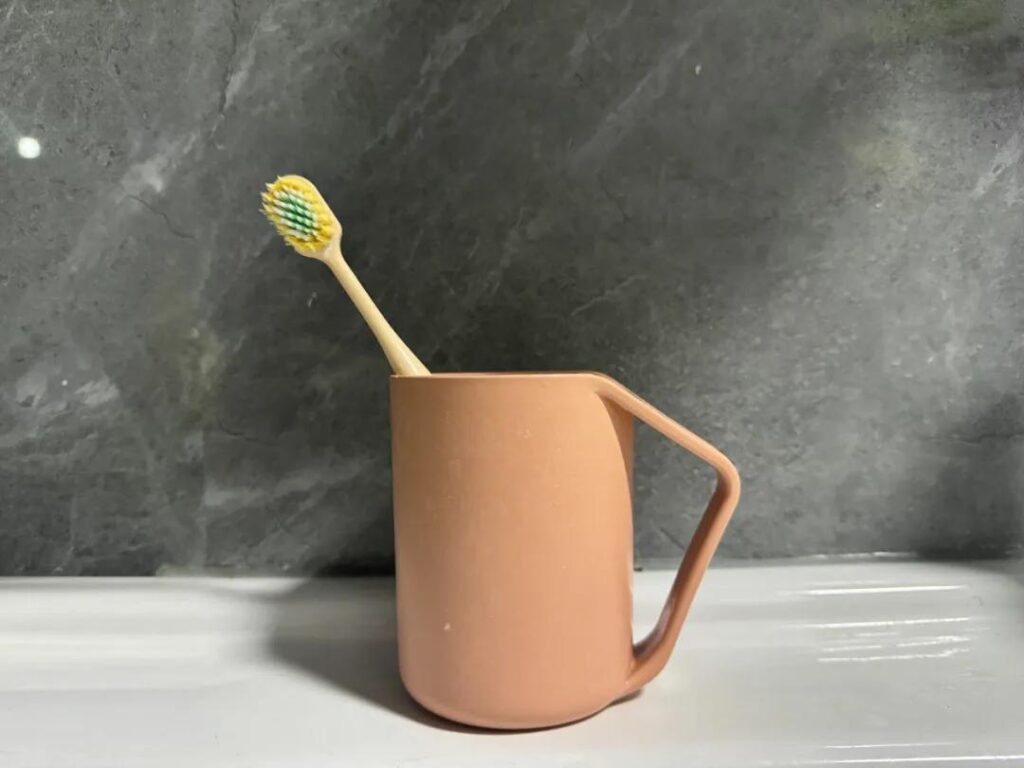
7. Homemade Oil is Healthier and More Natural? Not Exactly!
While many people turn to homemade oils thinking they’re healthier, homemade oils may not be as safe as you think.
The Risks of Homemade Oil
Unlike commercially produced oils, which are tested for toxins like aflatoxins, homemade oils are more prone to contamination. Consuming improperly processed oils can lead to foodborne illnesses and other health issues. It’s better to stick with oils that are properly tested and processed.
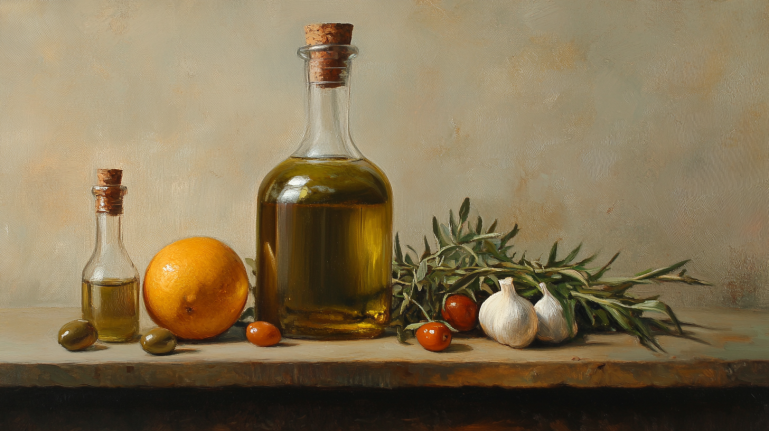
8. Regular Ear Cleaning with Cotton Swabs is Healthy? Not Really!
Many people clean their ears with cotton swabs, believing it’s necessary for hygiene. But in reality, this habit can be harmful.
Why You Should Skip the Cotton Swabs
Earwax, or cerumen, serves as a protective barrier for your ears, preventing dryness and infections. Using cotton swabs can push earwax deeper into the ear canal, potentially causing injury. If you need to remove excess earwax, it’s safer to see a healthcare professional for proper removal.
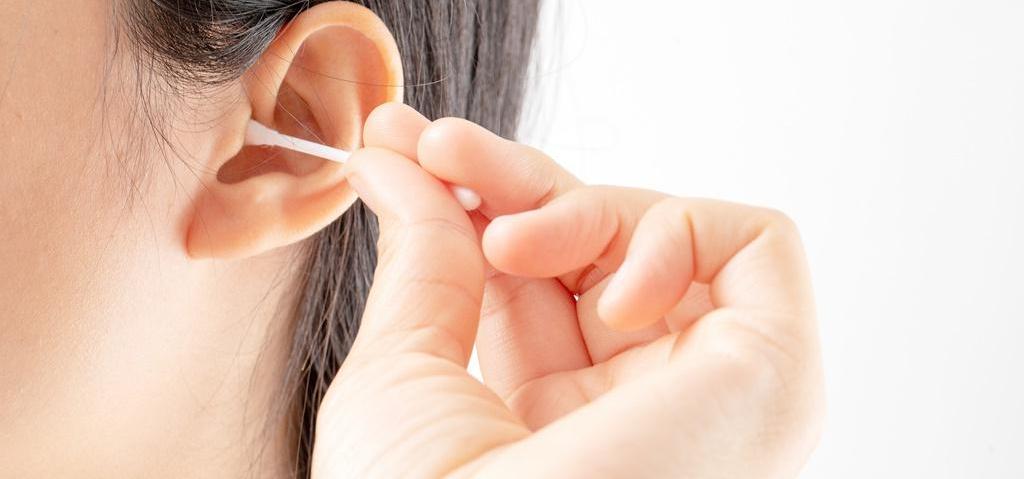
Conclusion: Balance is Key!
While healthy habits are essential for maintaining good health, it’s crucial to understand that not all “healthy” habits are beneficial. Some could even be doing more harm than good. The key to long-term health lies in knowing the science behind these practices and adopting a balanced, well-rounded lifestyle.






